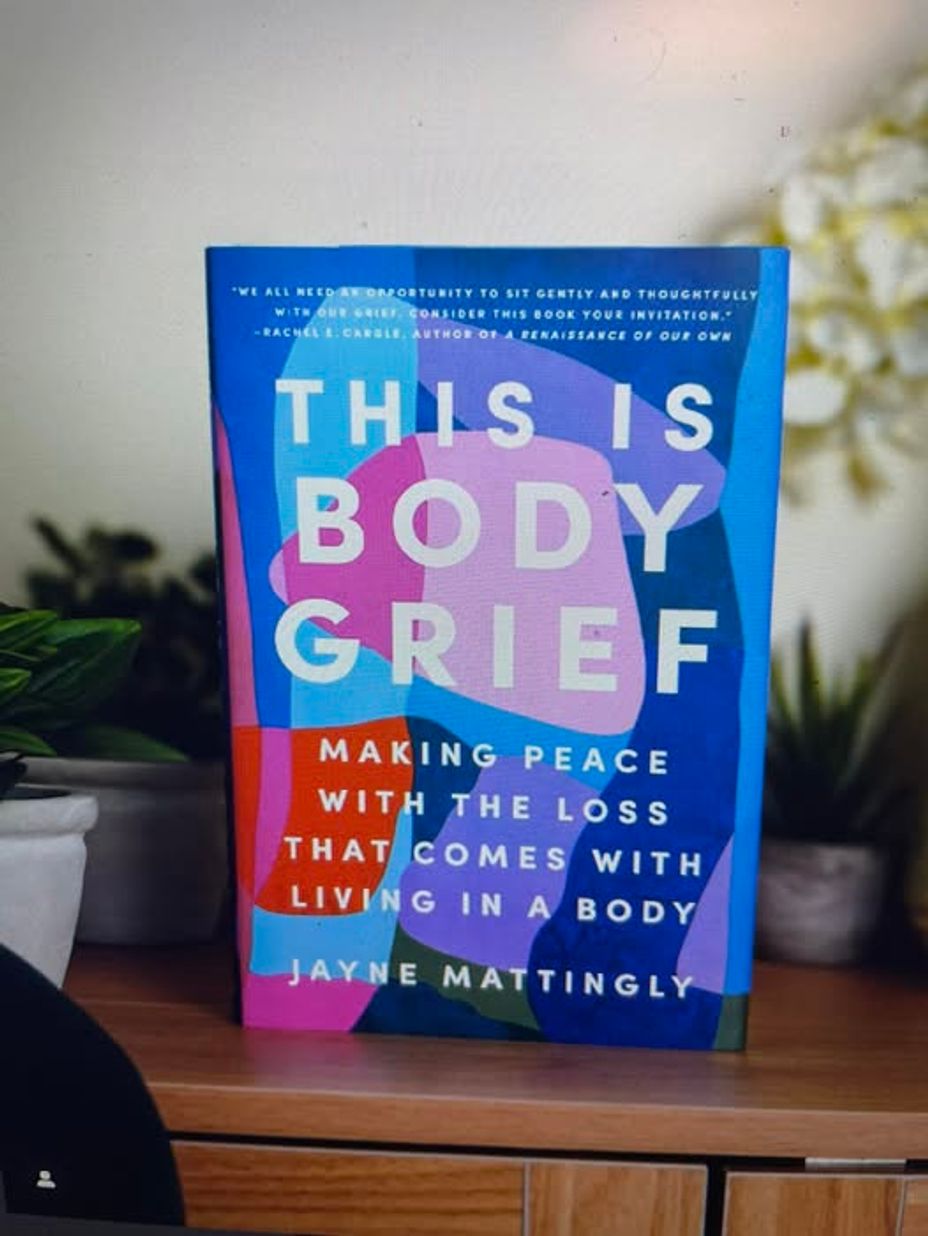I had people tell me my life could be a lot worse and that my life will get worse. It would mean the world to me if that isn’t true.
I hope life gets better for me everyday in every way and I hope that for all of you too! I don’t know why people say such mean things. I emailed a model once and told her what I was going through with my mental health journey and her reply was that my life will get worse and worse over the years that she will pray for me. I swear I hope that’s not true because I deserve a life that always continues to get better for me in every way and so do all of you!
#MentalHealth #Disability #Addiction #ChronicIllness #CheckInWithMe #Autism #ADHD #SchizoaffectiveDisorder #Schizophrenia #Psychosis #Bipolar2 #BipolarII #Selfharm #BipolarDisorder #Selfharm #SuicidalThoughts #Depression #ObsessiveCompulsiveDisorder #BorderlinePersonalityDisorder #EatingDisorders #Diabetes #Cancer #Obesity #ComplexPosttraumaticStressDisorder #PTSD #TraumaticBrainInjury #Trauma



